Keywords: Hate
There are more than 200 results, only the first 200 are displayed here.
-

RELIGION
- Frank Brennan
- 07 March 2016
'On his last two visits to Latin America, Pope Francis has focused on past and present relationships between indigenous peoples and their colonisers. This Jubilee Year of Mercy perhaps it could be a blessed moment for Aboriginal Australians and descendants of their colonisers to walk together through the Door of Mercy at the St Francis Xavier Cathedral, calling to mind the sins and endeavours of the past, the achievements and commitments of the present, and the hopes and aspirations of the future.' Fr Frank Brennan SJ, Lenten Talk, Norwood Parish, 3 March 2016
READ MORE
-

MEDIA
- Jeff Sparrow
- 12 January 2016
The common perception of internet trolls is that they are outsiders descending on a particular platform in order to wreck it. But there is a close relationship between trolls and the culture in which they operate. If you're a publisher seeking virality, you need to foster the strong emotions in which social media trades. Getting people to love your content is great, but outrage, incredulity and even hatred also work.
READ MORE 
-
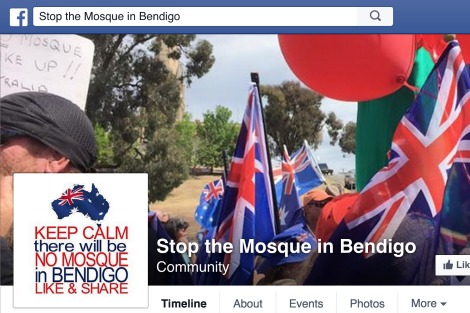
AUSTRALIA
- Fatima Measham
- 12 January 2016
6 Comments
A series of protests against a mosque in Bendigo and the launch of an Islamophobic party in Perth may be cause for concern, but only if political leaders fail to invalidate fringe views. Under Tony Abbott, the conflation of Islam and extremism became mainstream. Corrections regarding racial vilification and incitement are most properly determined in the court, so it is not Muslims or lefties who are oppressing these views but the laws that operate in the secular democracy they purport to defend.
READ MORE 
-
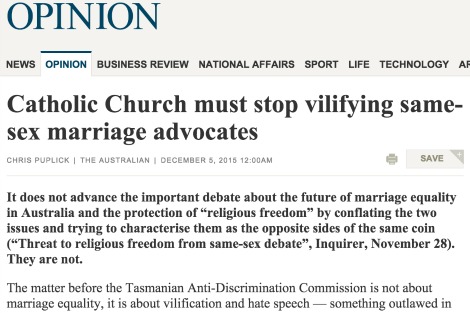
RELIGION
- Frank Brennan
- 11 December 2015
39 Comments
Chris Puplick, a former senator and former president of the NSW Anti-Discrimination Board, is one of a rising chorus expressing strong objections to the Australian Catholic bishops daring to evangelise and speak publicly about their views on same sex marriage. I too would be very upset if my bishops were saying, as Puplick claimed in an opinion piece in The Australian, that homosexuals are 'seriously depraved, intrinsically disordered, less than whole and messing with kids'. But they're not.
READ MORE 
-

AUSTRALIA
- Frank Brennan
- 10 December 2015
I first met this Tony on my regular visits here to Darwin when he was working at the North Australian Aboriginal Legal Aid Service and then when he set up the mediation services under the auspices of Anglicare. In later years I knew him when he was your Anti-Discrimination Commissioner. He was a quiet, considered, gentle, strong and principled man. On Human Rights Day, it is only fitting that I honour Tony by offering some reflections on the architecture for human rights in Australia, on the contemporary human rights controversies, and on the way forward for better protection of the human rights of Aborigines and asylum seekers, two marginalised groups who had a special claim on Tony's sympathies.
READ MORE
-

RELIGION
- Frank Brennan
- 09 December 2015
2 Comments
'I joined the Jesuits in 1975 just as the previous 32nd General Congregation (GC32) was concluding. Pedro Arrupe was at the height of his powers. That Congregation asked the question: 'What is it to be a companion of Jesus today?' and answered unequivocally, 'It is to engage, under the standard of the Cross, in the crucial struggle of our time: the struggle for faith and that struggle for justice which it includes.' I have always regarded myself as a GC32 Jesuit. Many of those who gathered for GC33 thought that the GC32 mission was a little too one-dimensional. I suspect Bergoglio was one of those.' Frank Brennan on the eve of the Catholic Church's Jubilee Year of Mercy.
READ MORE
-
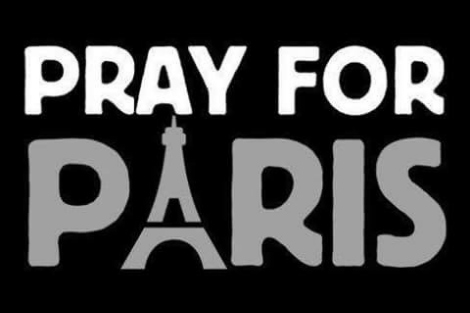
INTERNATIONAL
- Fatima Measham
- 20 November 2015
12 Comments
It is tempting to view the aftermath of terrorist attacks such as those in Paris as a well-rehearsed script. There are condemnation of the killings, sympathy for the families of victims, resolve to seek and punish perpetrators, expressions of solidarity across nations. Also, assaults targeting Muslims on the street and in policy. This time a few things have gone off-script. 'Hugs and hashtags' won't stop ISIS, but there is strength in refusing to cede control over our language and behaviour to terrorists.
READ MORE 
-

AUSTRALIA
- Fatima Measham
- 26 October 2015
22 Comments
A series of protests against a mosque in Bendigo and the launch of an Islamophobic party in Perth may be cause for concern, but only if political leaders fail to invalidate fringe views. Under Tony Abbott, the conflation of Islam and extremism became mainstream. Corrections regarding racial vilification and incitement are most properly determined in the court, so it is not Muslims or lefties who are oppressing these views but the laws that operate in the secular democracy they purport to defend.
READ MORE 
-
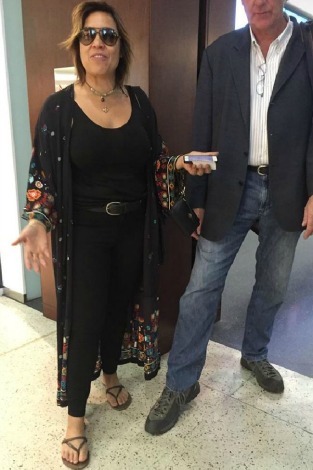
AUSTRALIA
- Beth Doherty
- 12 October 2015
22 Comments
Some weeks ago I was barred from entering the Qantas Club due to my attire. When I gleefully posted my outrage on Facebook I got my fair share of sympathy, though the post didn't quite go viral. It was vindicated this week, however, when singer Kate Ceberano met a similar fate. Qantas might see itself as a tolerant and inclusive airline, demonstrative of our great liberal democracy. In fact it risks becoming one very elitist, sexist boys club, where only a privileged few measure up.
READ MORE 
-

AUSTRALIA
- Jeff Sparrow
- 25 September 2015
6 Comments
The common perception of internet trolls is that they are outsiders descending on a particular platform in order to wreck it. But there is a close relationship between trolls and the culture in which they operate. If you're a publisher seeking virality, you need to foster the strong emotions in which social media trades. Getting people to love your content is great, but outrage, incredulity and even hatred also work.
READ MORE 
-

- Frank Brennan
- 18 September 2015
Pope Francis's concerns are not narrowly dogmatic or pedagogical but universally pastoral. He knows that millions of people, including erstwhile Catholics, are now suspicious of or not helped by notions of tradition, authority, ritual and community when it comes to their own spiritual growth which is now more individual and eclectic. He wants to step beyond the Church's perceived lack of authenticity and its moral focus on individual matters, more often than not, sexual. He thinks the world is in a mess particularly with the state of the planet — climate change, loss of biodiversity and water shortages, but also with the oppression of the poor whose life basics are not assured by the operation of the free market, and with the clutter and violence of lives which are cheated the opportunity for interior peace. He is going to great pains to demystify his office. He wants all people of good will to emulate him and to be both joyful and troubled as they wrestle with the probl
READ MORE
-
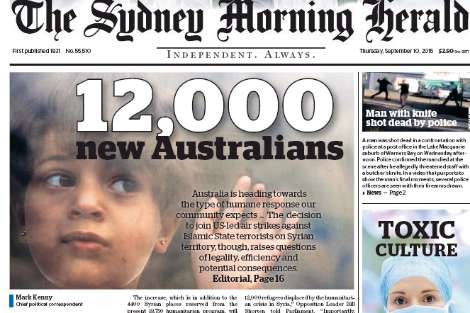
AUSTRALIA
- Andrew Hamilton
- 11 September 2015
16 Comments
A fortnight ago political conversation about asylum seekers had to do with turning back the boats, the links between terrorism and religious identity, exporting our Stop the Boats policy to Europe, the seductive dangers of compassion, and attempts to wedge other parties on the basis of their softness. Now it appears we have moved on, and for that Mr Abbott deserves our ungrudging gratitude, whatever side of politics we stand on.
READ MORE 